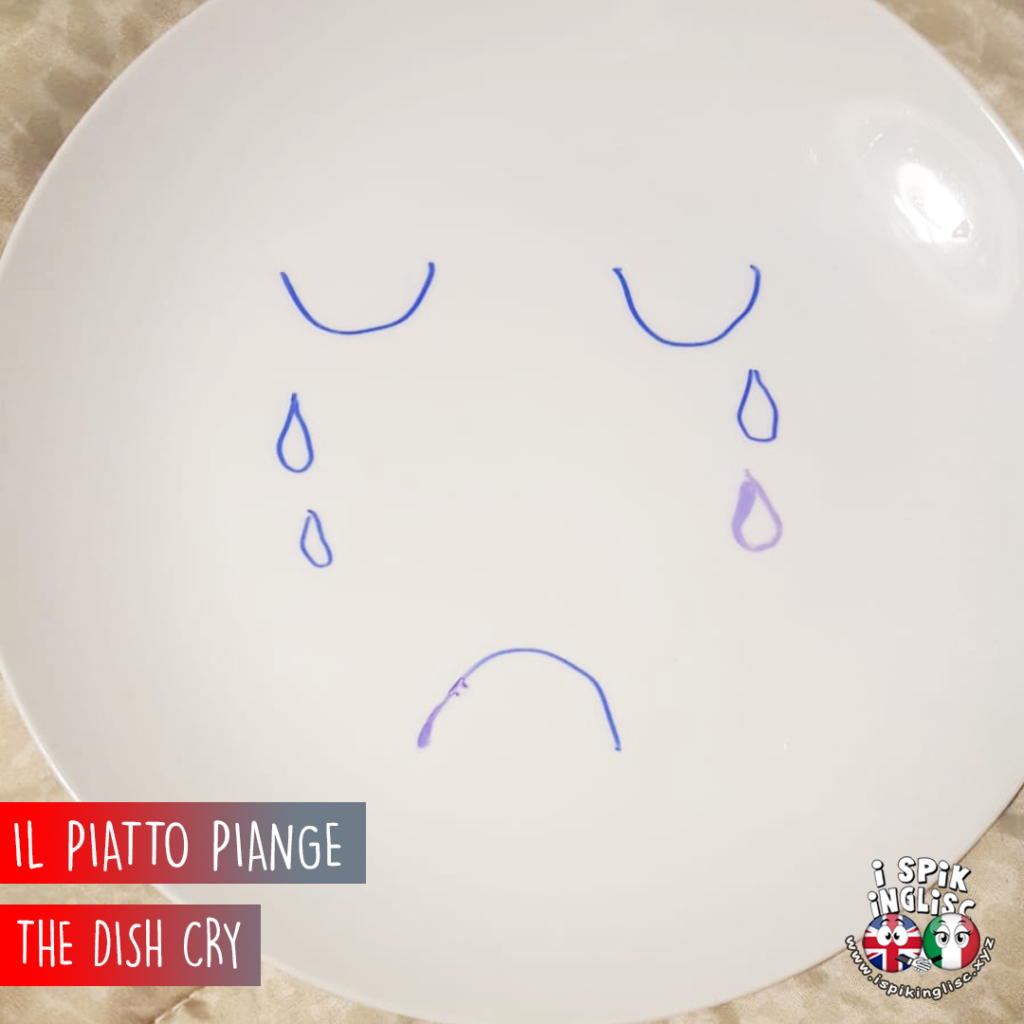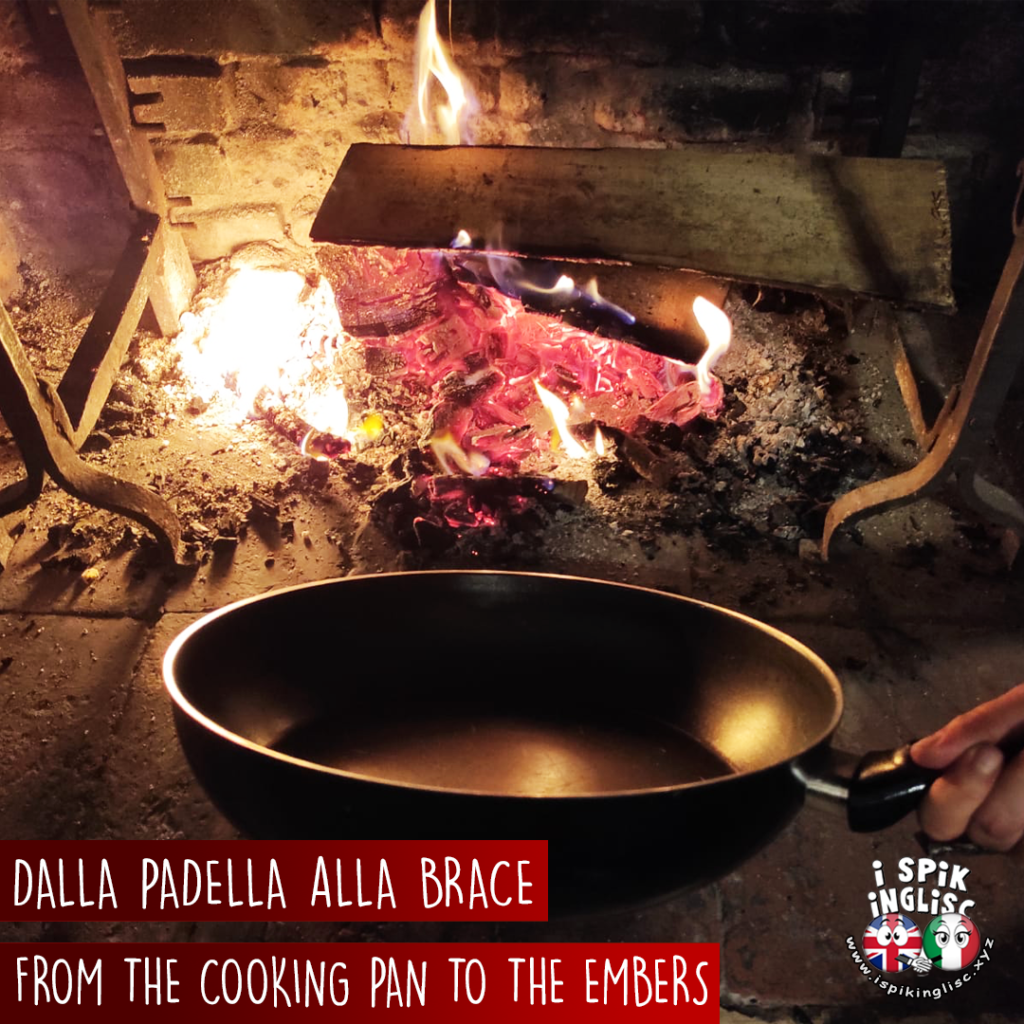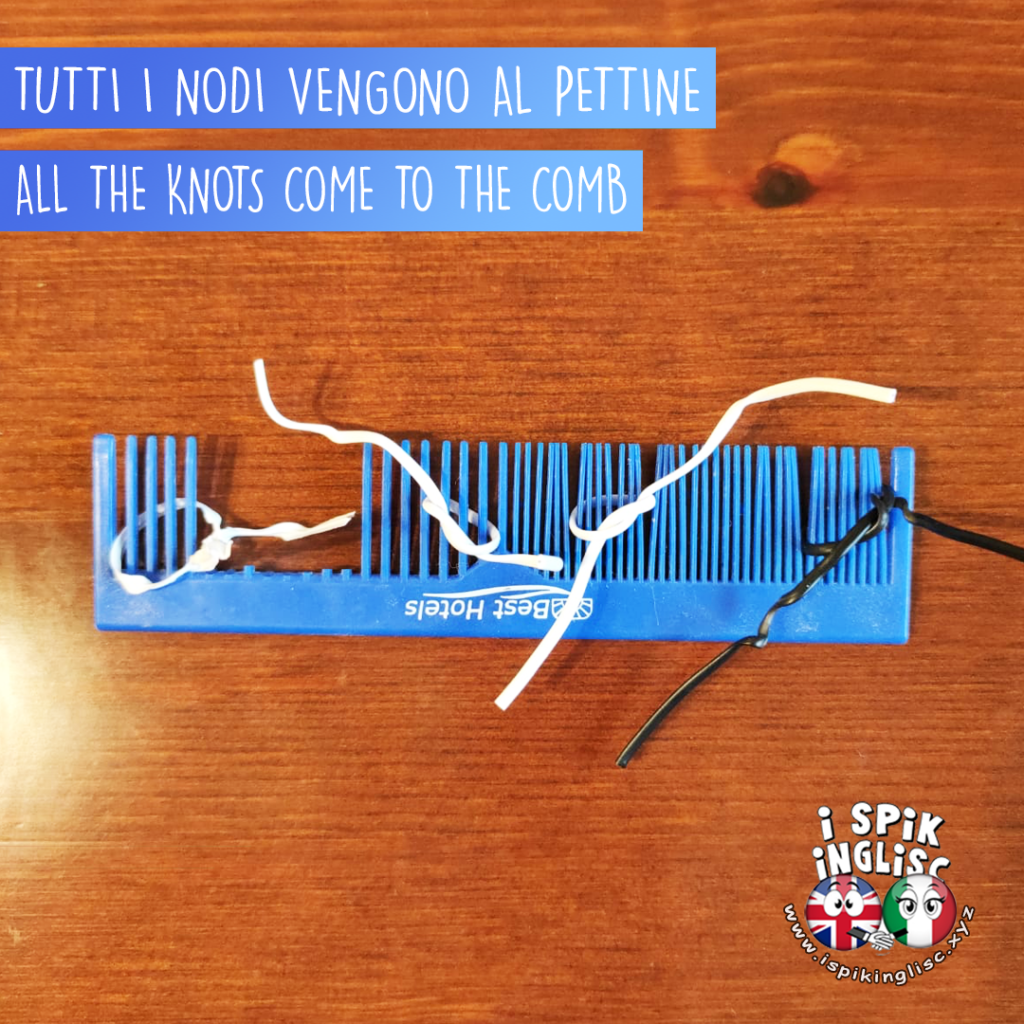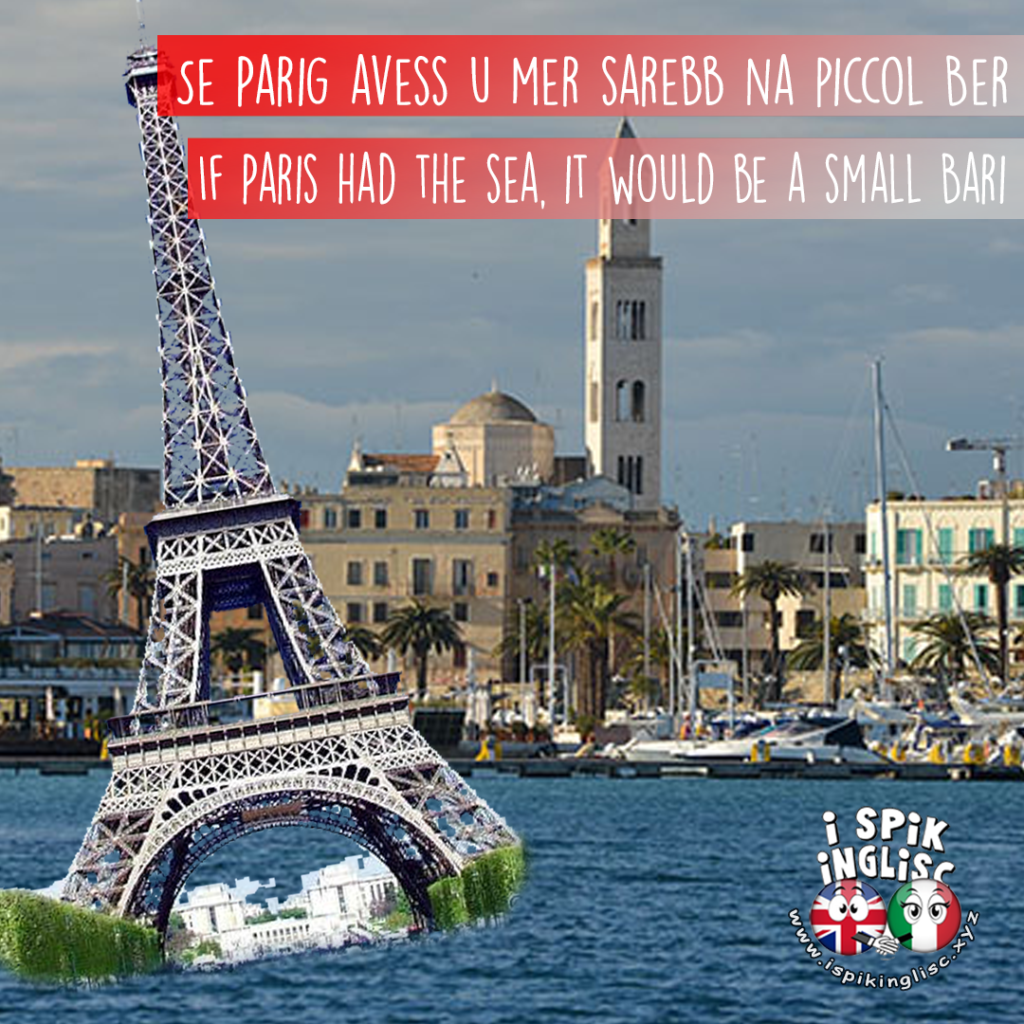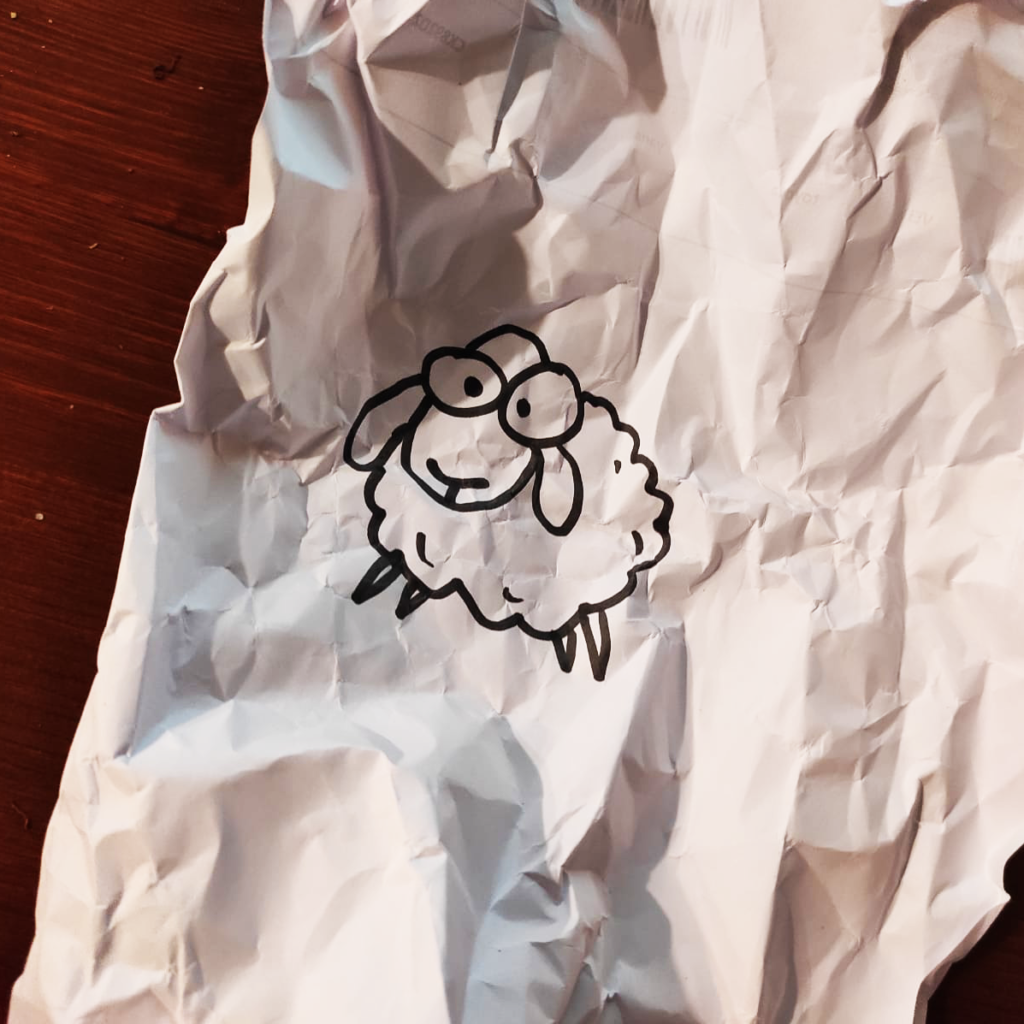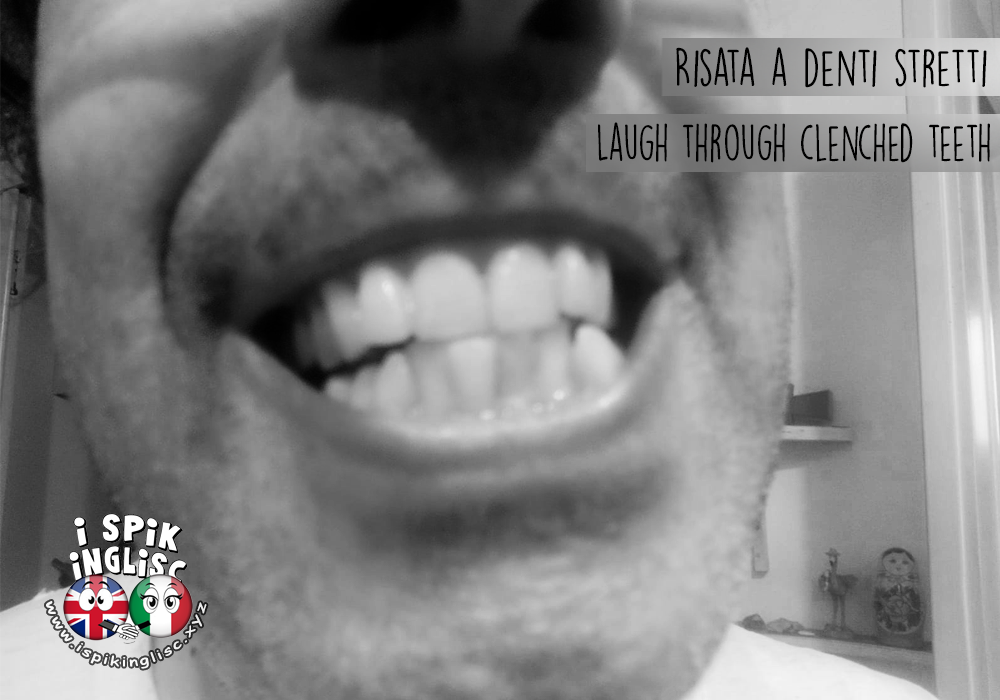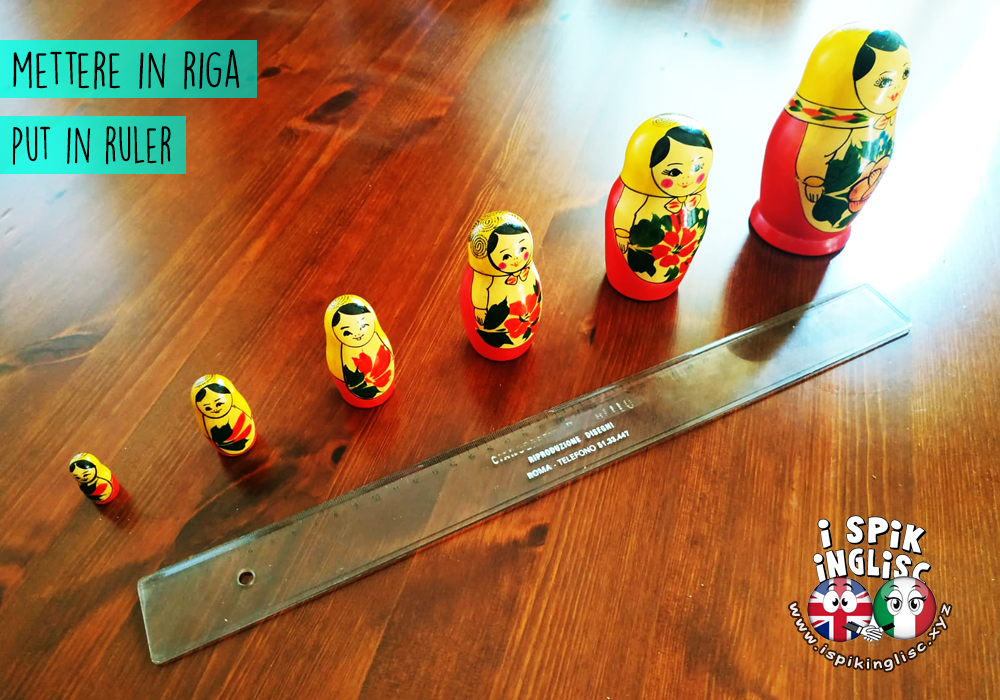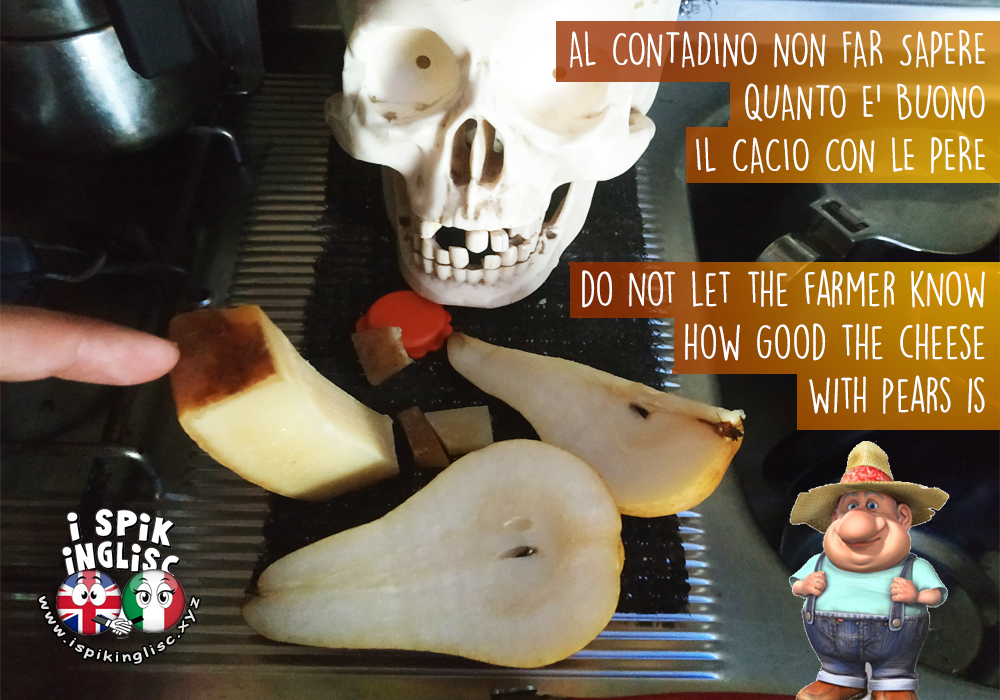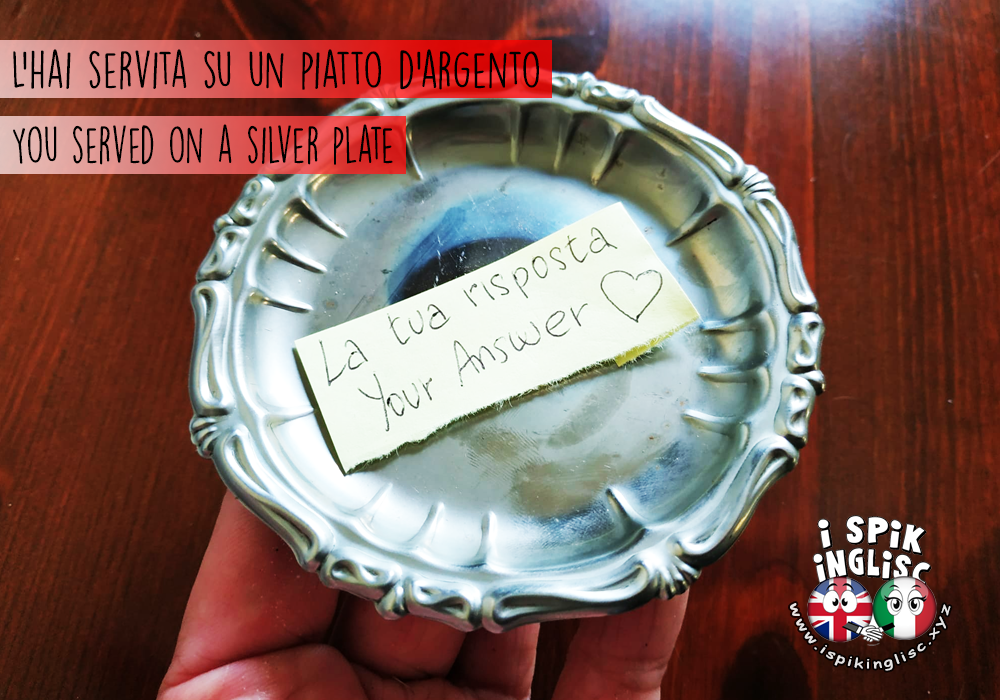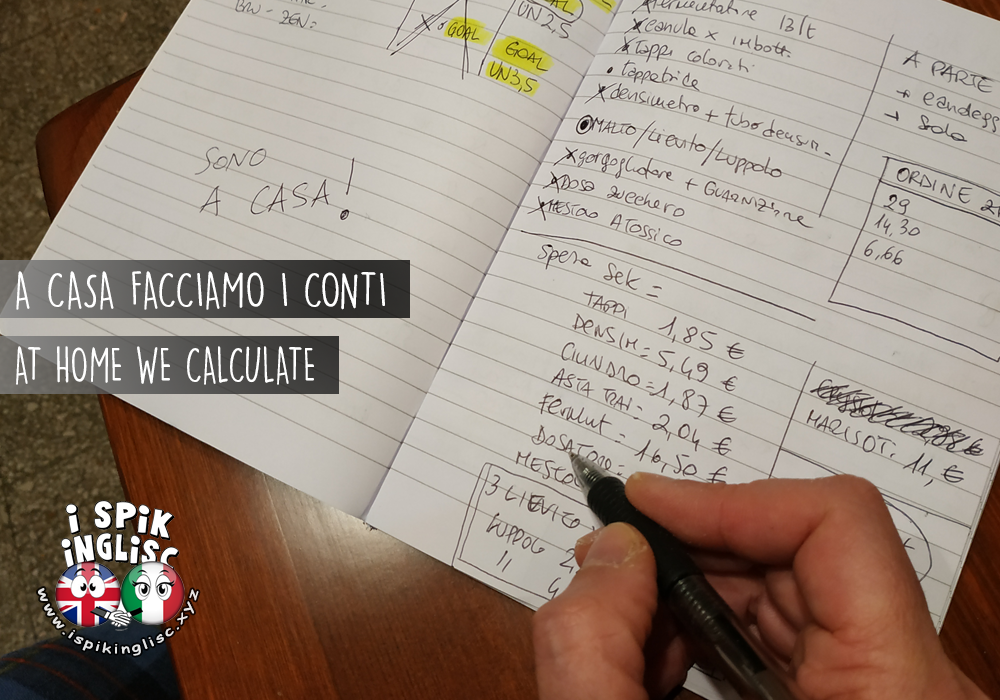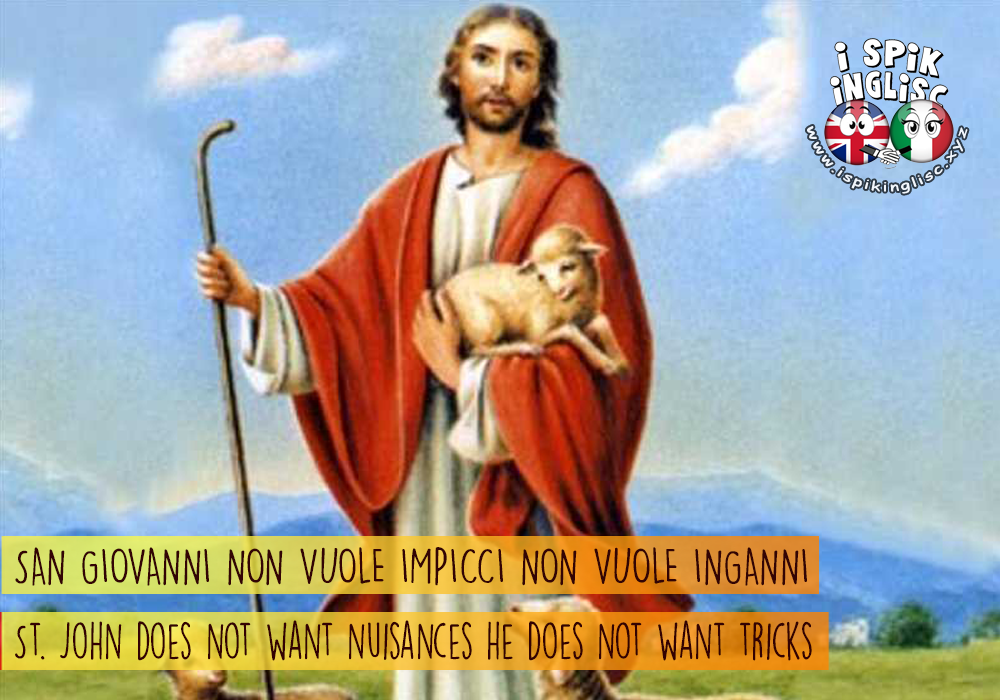Il Piatto Piange
Sentence typically used in card games. It can indicate two distinct situations:
Or that all or some of the players have not placed their bet or any amount owed following a losing hand in the middle of the table (in the ante). Or more generally that one’s financial resources are running out, indicating a certain economic scarcity. Which is probably associated with the consequent lack of food, and when a dish is empty… you can guess … it is sad and ends up weeping …
Thanks Sheida for the pic!
